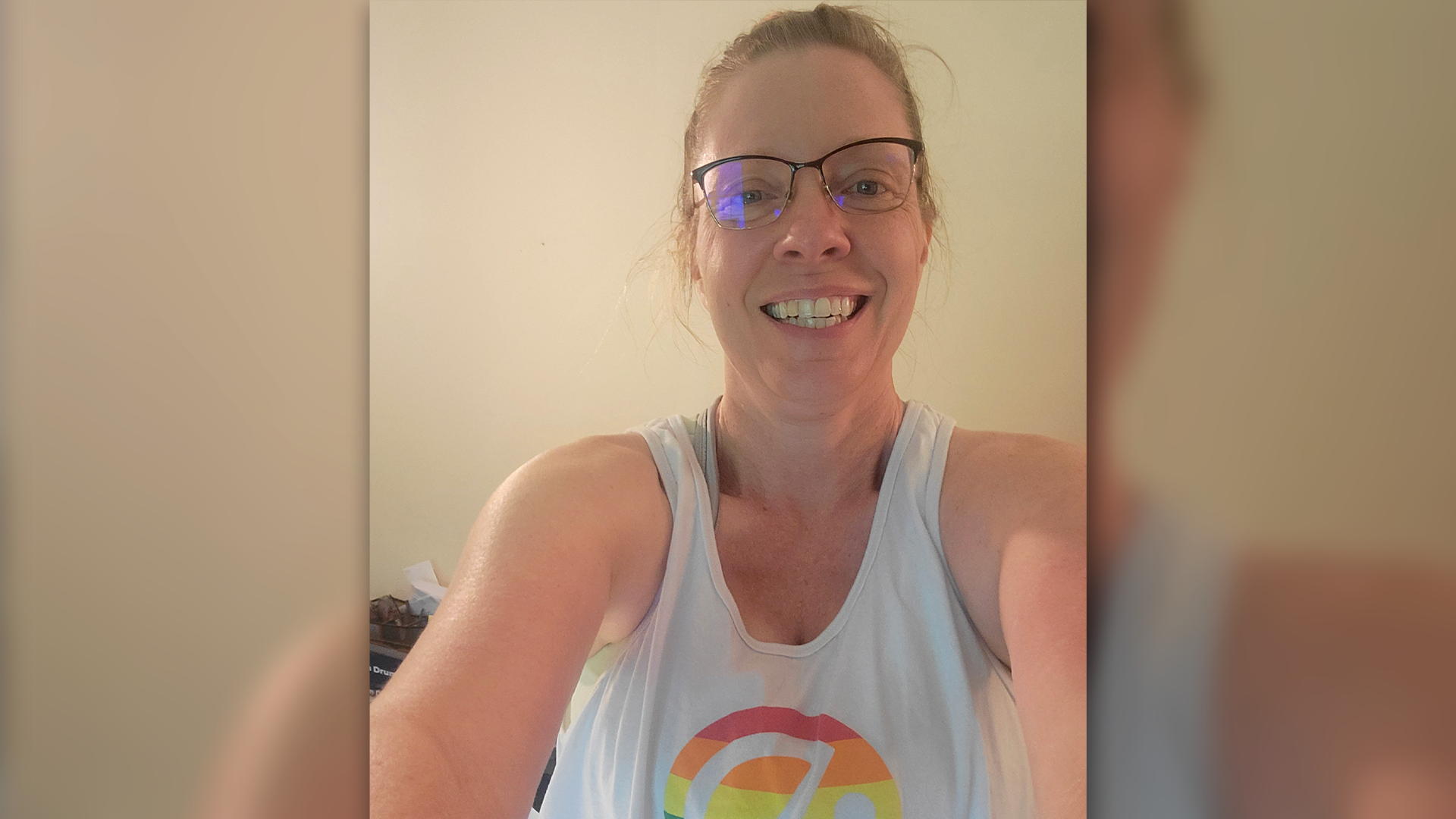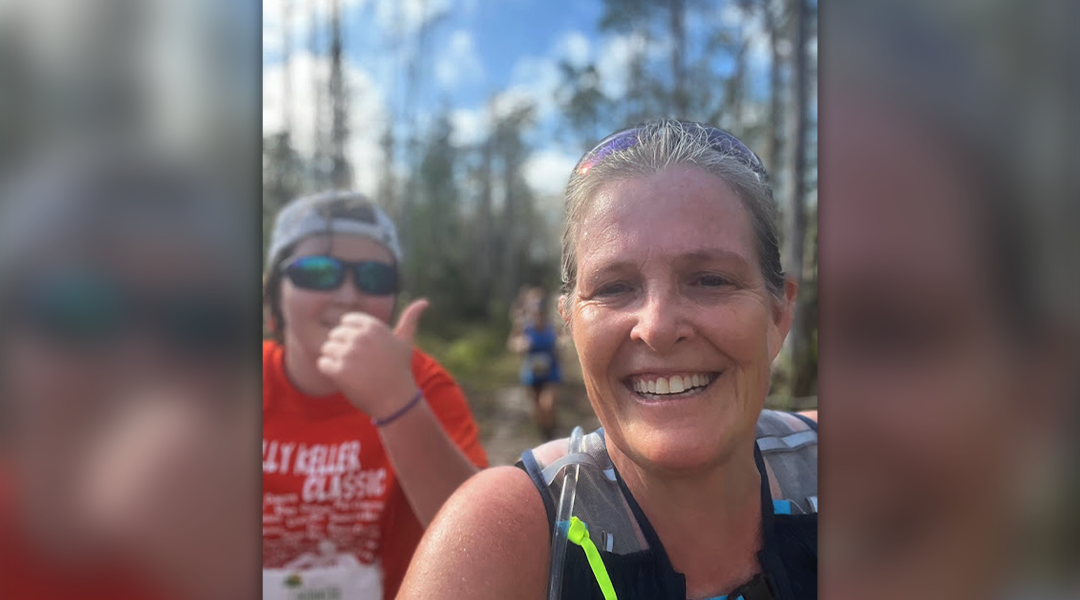Best Ever Prices
DELIVERY IN 5-7 WORKING DAYS
-
Special Offers
-
Equipment
-
Membership
-
Merchandise
-
30-Day Home Trial
-
Why Choose Us?
-
Your Safety Matters
-
News
-
Gift Vouchers
-
Echelon Commercial
-
Member Login
-
Store Login
Connect Rowers
Strength Training
Smart Fitness Mirror
Stair Climber
Our Best Ever Deals
DELIVERY IN 5-7 WORKING DAYS
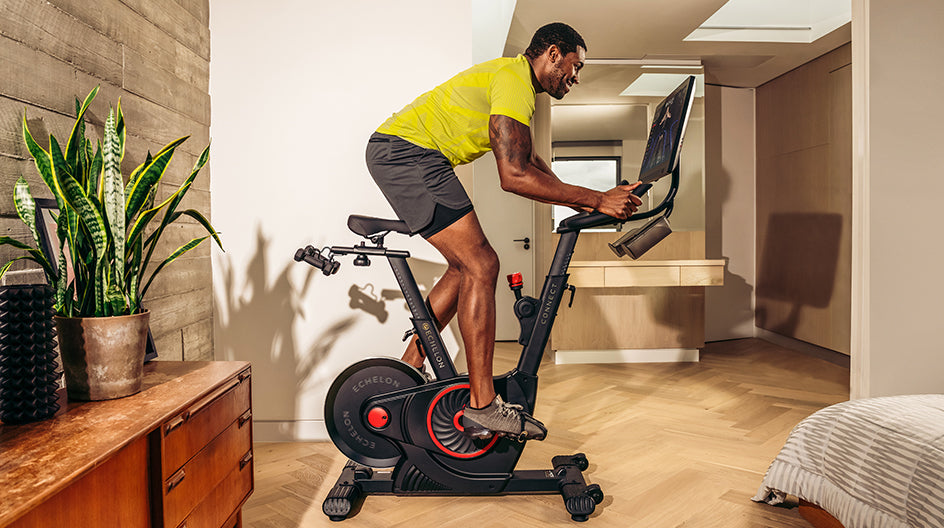
Smart Bikes
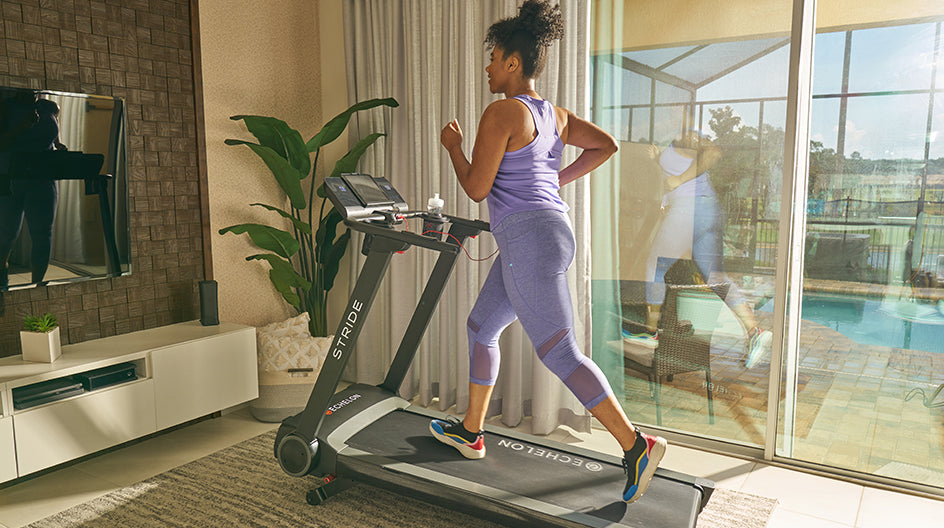
Smart Treadmills
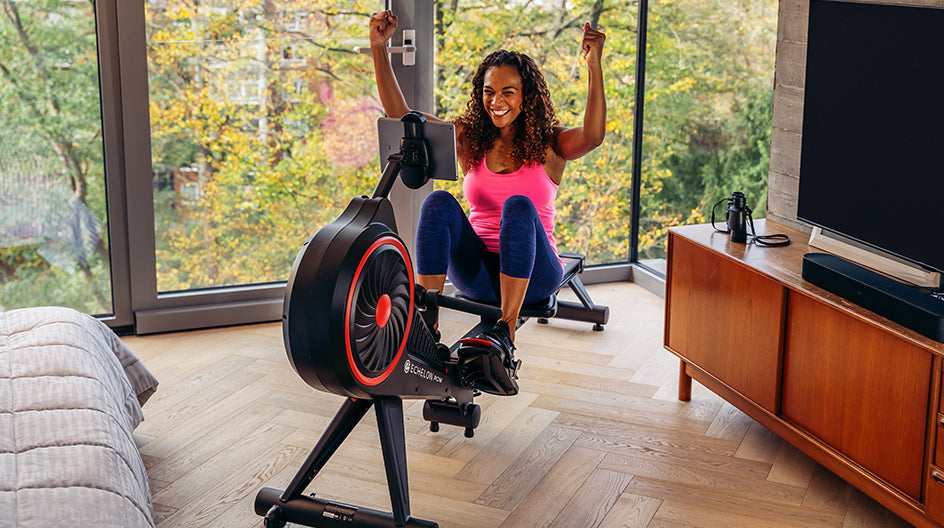
Smart Rowers

Stair Climber
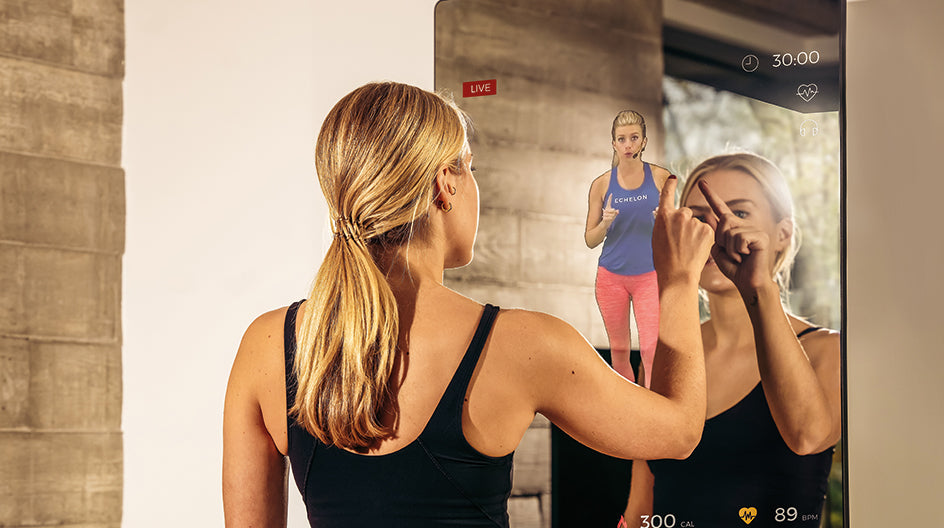
Smart Fitness Mirror

Strength Home
NEW!

Exercise Bench
NEW!

Adjustable Dumbbells
NEW!
SMART HOME ROWERS
Why choose Echelon?REFLECT FITNESS MIRROR
Why Choose Echelon?The Psychology of Fresh Starts
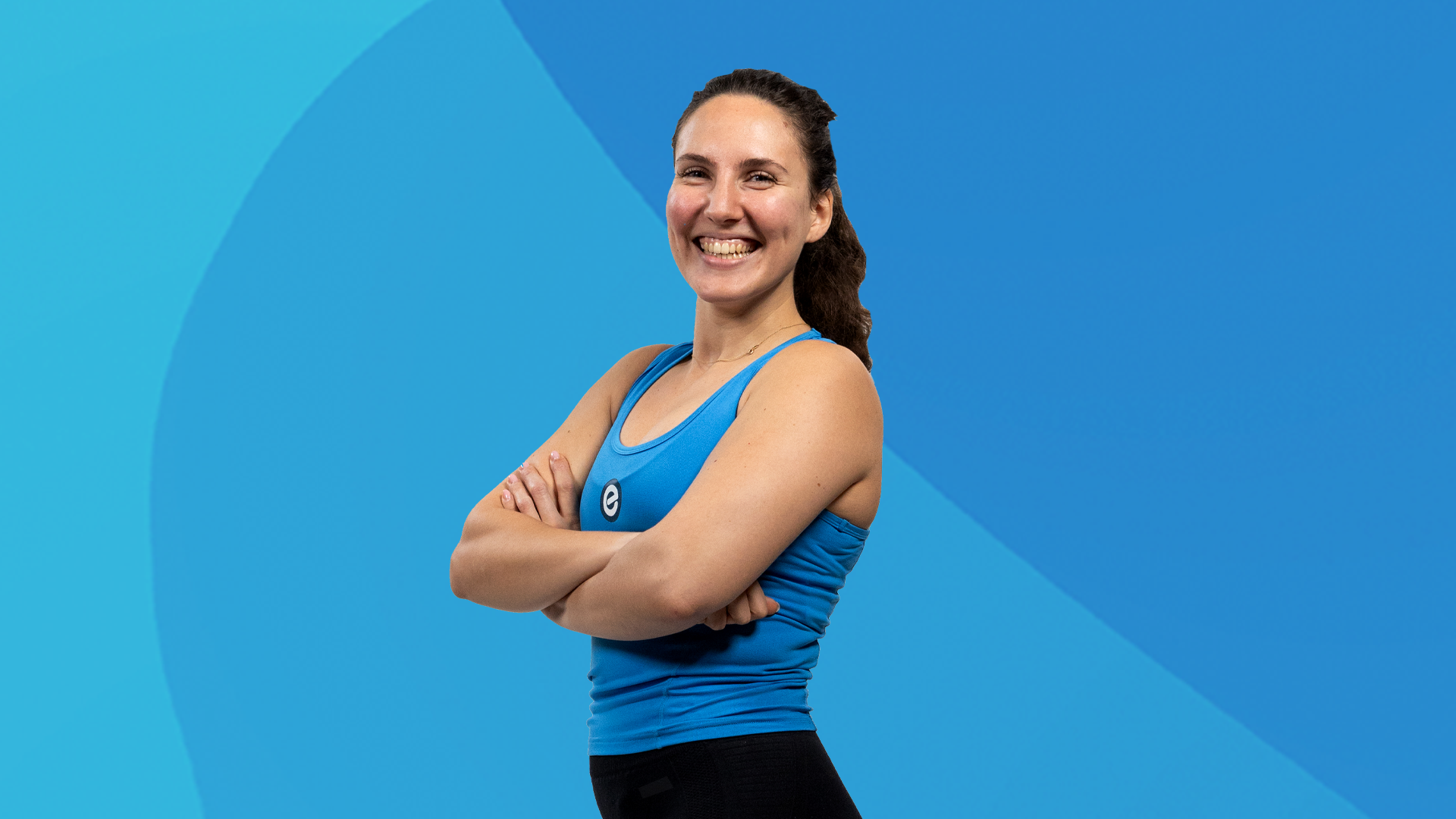
3 min read
Echelon Germany instructor Marilena is not only a Certified Personal Trainer, she has a BSc in Psychology and Neuroscience and MSc in Behavioural Science. She told us more about the psychology behind fresh starts, such as New Year's resolutions, and how to make changes in your habits.
Q: Can you tell us a little bit about your background?
A: I have been applying Behavioural Science across sectors ranging from utility and insurance companies, to food manufacturers and banks for almost 4 years now. My main passion and purpose is to use my knowledge of psychology and fitness to support people in living a healthy and happy life!
Q: Today we’re talking about New Year's resolutions and the psychology behind them. Please can you elaborate on the phenomenon behind fresh starts?
A: Of course!
• The Fresh Start Effect: This concept explains how people feel more motivated to pursue goals at the start of new cycles, like a new year, a new week, or even a new day. This fresh start gives us a psychological “clean slate.”
• It’s connected to the concept of “Temporal Landmarks”. These are significant dates or events that psychologically separate the past from the future, like New Year’s Eve. They help us categorise life and feel a sense of renewal which is why we can feel a boost in motivation at the start of the new year.
Q: Do you have advice on where and how to start on New Year's resolutions?
A: Reflecting on the year helps us identify what went well, what didn’t, and how to adjust for the future. Small wins build confidence, so acknowledging them is key.
You can then focus on building habits to help stick to your goals. Habits automate behaviour, reducing the need for willpower or decision making.
Here is what a Habit Loop looks like:
1. Cue: A trigger initiates the behaviour (e.g., laying out workout gear visibly).
2. Routine: The behaviour itself (e.g., attending spin class).
3. Reward: The positive outcome that reinforces it (e.g., endorphin rush or sense of accomplishment).
You should start with small, achievable goals, like completing one class a week. This will create a “win” that builds self-confidence - increasing the odds that the behaviour becomes habit. Small wins build confidence and motivation, making it easier to stay consistent (the Momentum Effect).
There is a common misconception that it takes 21 days to fully form a habit. It often takes closer to 66 days, depending on its complexity, so starting with smaller goals will help to work towards this.
Q: Earlier you mentioned decision making and willpower. Can you tell me more about their relationship?
A:The more decisions we make in a day, the harder it becomes to make good choices, this is called decision fatigue. Pre-planning behaviour reduces the mental load and increases follow-through. When it comes to fitness, scheduling your workouts can help with this so you are less likely to skip your sessions. For example, with the Echelon Fit app you can schedule classes and automatically add them to your calendar to stay on track more easily.
New Year's resolutions are notoriously difficult to stick to. How can we go about setting a goal that will increase our chances of success?
A: In terms of Goal-Setting Science, there are both Outcome Goals and Process Goals.
Outcome Goals focus on the result (e.g., losing weight or increasing endurance), whereas Process Goals focus on the actions that lead to success (e.g., attending 3 classes weekly). Research shows that Process Goals are more achievable and sustainable so think about how you can make a goal actionable rather than the end result.
Question 6 : Finally, is there anything that we haven’t discussed that you feel is important in helping us to create lasting changes?
A: I would say the role of identity.Creating a lasting change in behaviour is more likely when the changes align with how we see ourselves. For example, shifting from “I want to exercise more” to “I am the kind of person who prioritises fitness” transforms habits into a reflection of identity.

Why Echelon is Different
See why we are the most affordable and best value at home fitness on the market.

















